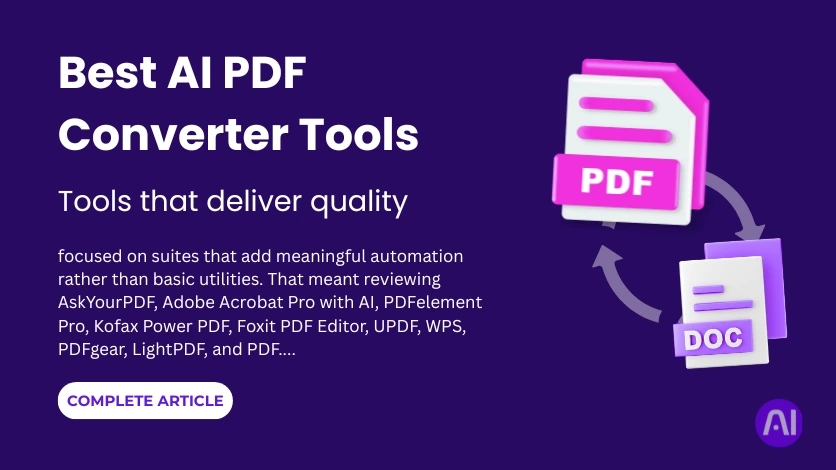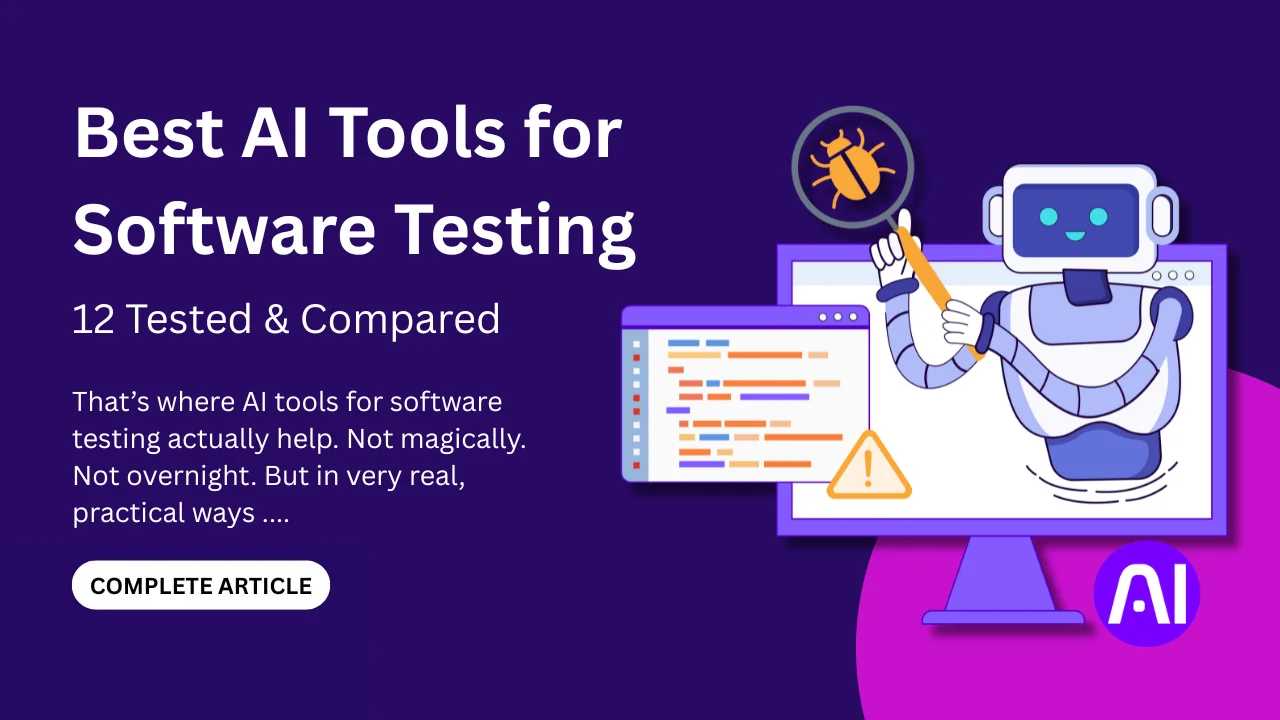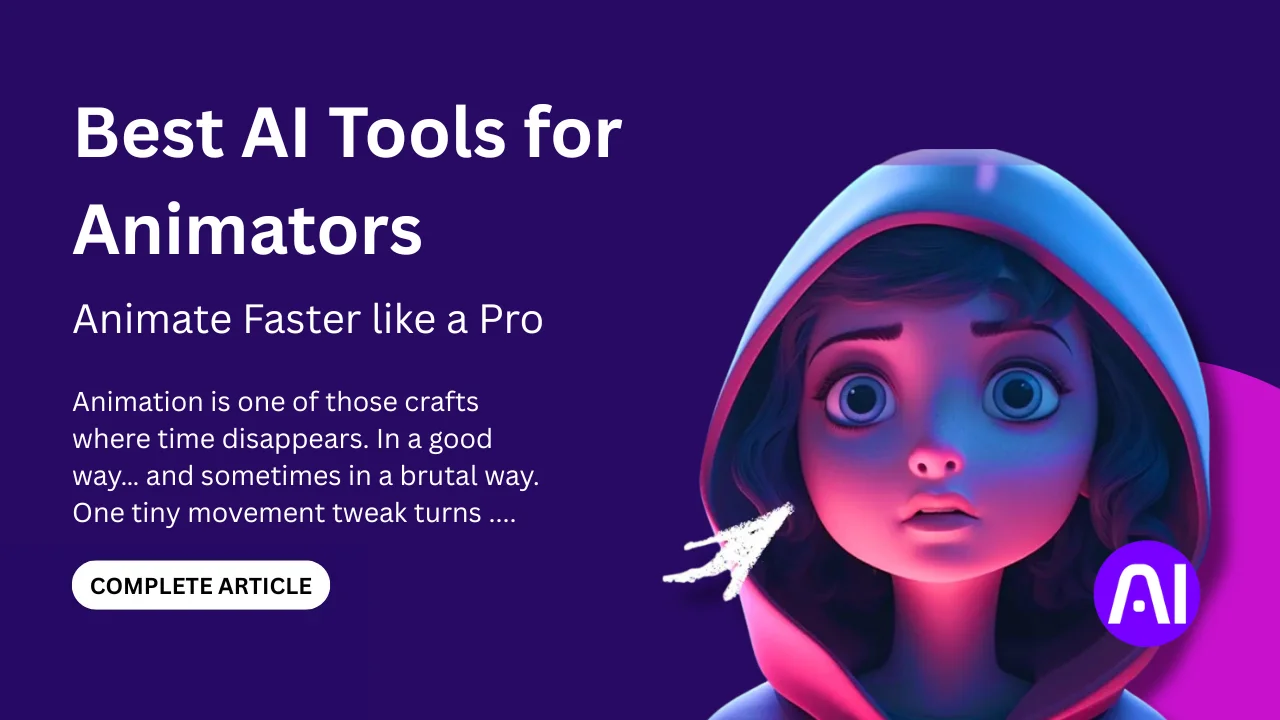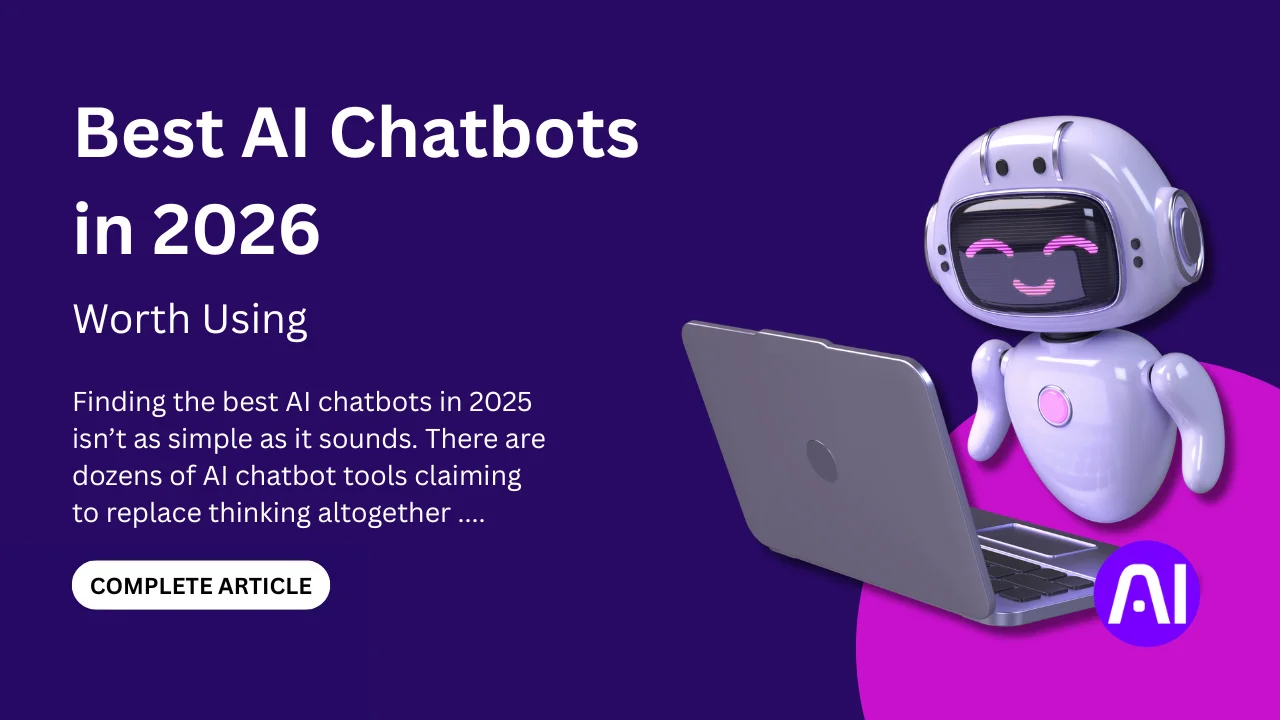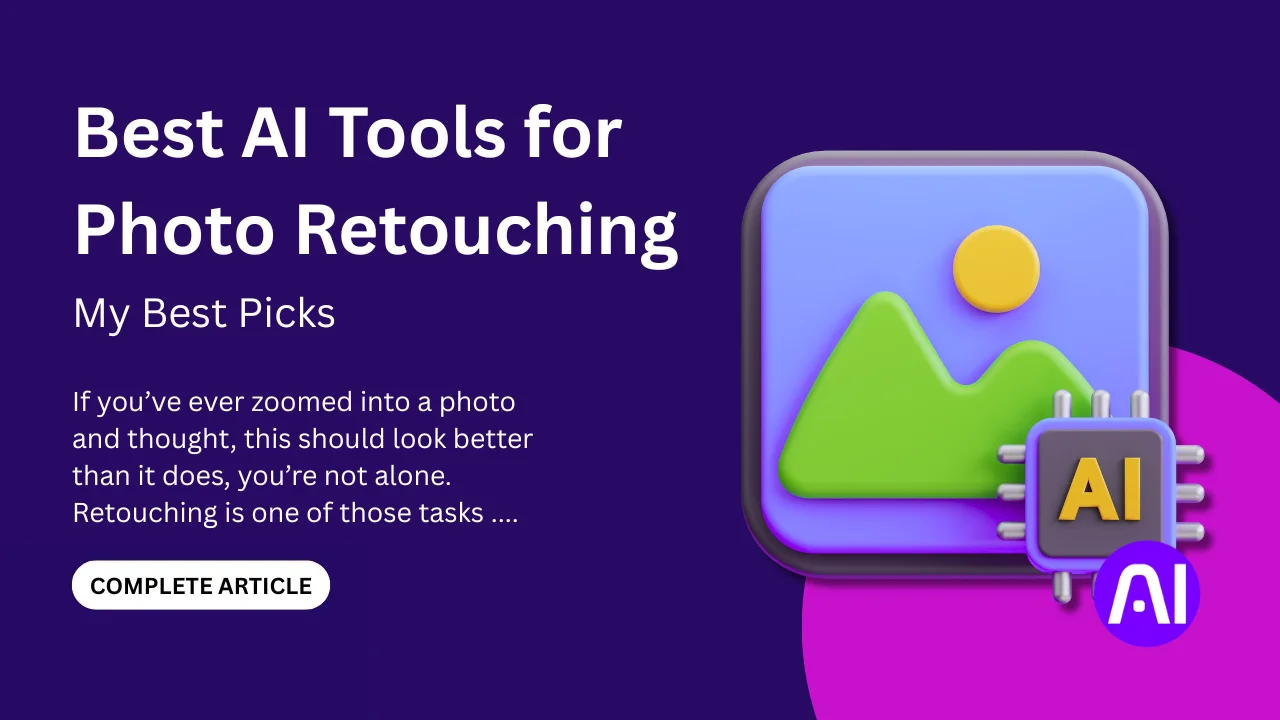Did you know there will be 3.5 million unfilled cybersecurity jobs by 2025? Meanwhile, AI jobs are growing even faster, with companies scrambling to hire talent. If you’re torn between these two fields, you’re not alone. Many wonder: which is easy cybersecurity or artificial intelligence?
“Easy” depends on your skills and goals. Cybersecurity focuses on protecting systems, while AI involves building smart machines. Both need technical knowledge, but the learning curve differs. This article breaks down the difficulty levels, skill requirements, and career prospects of each field.
We’ll compare cybersecurity vs AI career paths, job markets, and real-world demand. By the end, you’ll know which path fits your strengths, whether it’s stopping hackers or training AI models. Let’s dive in!
Understanding the Basics: Cybersecurity vs AI
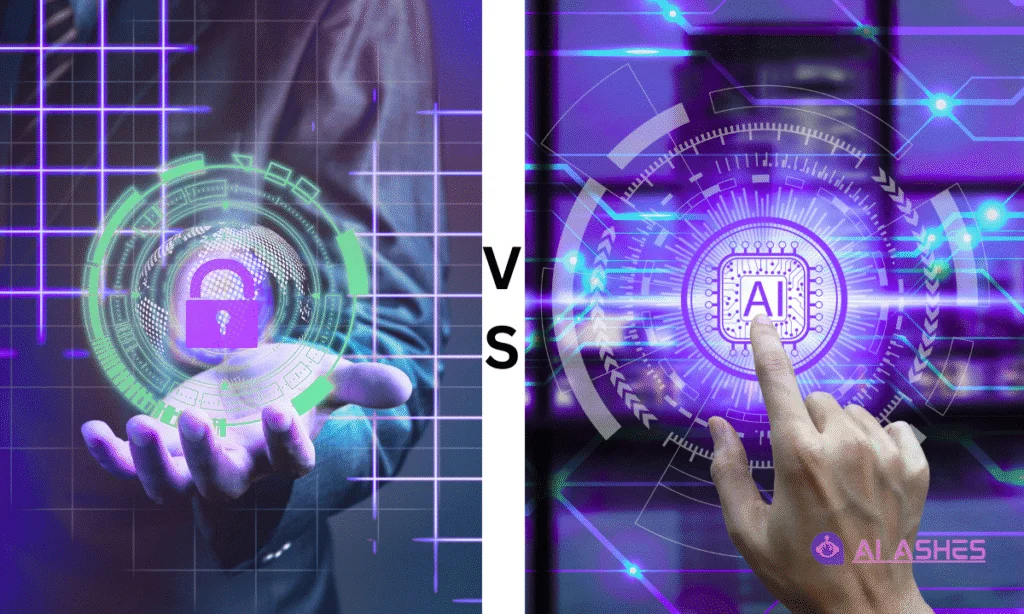
This section explores cybersecurity vs AI so you grasp both fields.
What Is Cybersecurity?
Cybersecurity is all about keeping computers, networks, and data safe from hackers. It involves finding weak spots in systems and fixing them before attackers strike. Think of it like a digital lock and alarm system for your home, but for technology.
What Is Artificial Intelligence (AI)?
AI is about making machines smart. It teaches computers to learn, think, and make decisions like humans. Examples include chatbots, self-driving cars, and recommendation systems. AI focuses on creating systems that can solve problems on their own.
Key Differences Between Cybersecurity and AI
- Goal
- Cybersecurity protects systems from threats.
- AI builds systems that can learn and act.
- Skills Needed
- Cybersecurity needs knowledge of hacking, networks, and security tools.
- AI requires math, programming, and data analysis skills.
- Work Focus
- Cybersecurity experts stop attacks and fix breaches.
- AI engineers train models and improve algorithms.
Both fields are tech-related but serve different purposes. Cybersecurity is like a digital guard, while AI is like a digital brain. Your choice depends on whether you prefer stopping threats or building smart machines.
Learning Curve & Difficulty Levels
Getting Started in Cybersecurity:
Cybersecurity is often seen as more beginner-friendly. You don’t need to be a math genius to start. Basic IT knowledge, like understanding networks and operating systems, is enough. Many professionals begin with certifications like CompTIA Security+ or CEH (Certified Ethical Hacker).
Hands-on practice is key. Labs, simulations, and real-world scenarios help you learn fast. Tools like firewalls, antivirus software, and penetration testing are part of daily work. If you enjoy problem-solving and quick fixes, cybersecurity might feel easier. This makes it a great entry point when asking which is easy cybersecurity or artificial intelligence.
Breaking Into AI:
AI has a steeper learning curve. It demands strong math skills, especially in statistics, calculus, and linear algebra. Programming is a must, Python is the top language for AI. You’ll also need to understand machine learning theories and how to work with large datasets.
Unlike cybersecurity, AI requires more academic depth. Many AI professionals have degrees in computer science or data science. Self-learning is possible, but it takes longer. If math and coding excite you, AI could be rewarding despite the challenge. That’s why understanding the difficulty levels of learning cybersecurity and artificial intelligence is key before choosing your path
Which Is Easier? Cybersecurity or AI?
For most beginners, cybersecurity is easier to enter. It focuses on practical skills and has clearer certification paths. AI demands deeper theoretical knowledge and stronger math skills. Your choice depends on your strengths, hands-on security work or complex algorithm building. When asking which is easy cybersecurity or artificial intelligence, it really comes down to what you enjoy learning.
Skill Requirements & Tools
Let’s break down the skill requirements for AI and cybersecurity to help you decide which path suits your strengths.
What You Need for Cybersecurity
Cybersecurity runs on practical skills. You should know Linux since most security tools work on it. Understanding networks is a must. You’ll work with firewalls, VPNs, and intrusion detection systems.
Popular tools include SIEM platforms like Splunk for monitoring threats. Ethical hacking uses Kali Linux for penetration testing. Many professionals start with certifications like CISSP or OSCP. The field values hands-on experience over theory.
For hands‑on techniques and best practices in working with large language models, check out the guide on Master NLP Best Practices at AI Ashes.
What You Need for AI
AI demands different skills. Python is the main language for coding AI models. You must understand statistics to work with data. Machine learning frameworks like TensorFlow and PyTorch are essential.
New trends like prompt engineering for AI chatbots are gaining importance. Large language models need special skills to handle. Unlike cybersecurity, AI requires strong math foundations in calculus and linear algebra.
Comparing the Skill Sets
Cybersecurity skills are more about applying existing tools. AI skills focus on creating new solutions. Both fields need constant learning. Cybersecurity updates come from new threats. AI evolves with new algorithms and models.
When comparing the skill requirements for AI and cybersecurity, cybersecurity focuses on tools and defense, while AI centers on coding and logic.
Career Path Comparison: Cybersecurity vs AI
The cybersecurity vs AI career path differs, one starts quicker, the other leads to research roles.
Cybersecurity Career Journey
Most cybersecurity pros start as SOC analysts. They monitor networks for threats all day. After 2-3 years, many become penetration testers. These “ethical hackers” attack systems to find weaknesses. The top role is CISO (Chief Information Security Officer). They protect entire companies.
Certifications help more than degrees here. Popular ones include CompTIA Security+ for beginners and OSCP for advanced roles. Many cybersecurity leaders started with just certifications and experience.
AI Career Growth Path
AI careers often begin as data analysts or junior data scientists. They clean data and build simple models. With experience, they become machine learning engineers. They create complex AI systems. The highest roles are AI researchers. They invent new AI technologies.
Degrees matter more in AI. Most AI professionals have at least a bachelor’s in computer science. Advanced roles often need master’s degrees. Certifications exist but don’t carry as much weight as in cybersecurity.
Key Differences in Career Paths
Cybersecurity offers faster entry with certifications. AI requires more school but has higher earning potential. Cybersecurity jobs are more plentiful now. AI jobs are growing faster but are more competitive. Both fields need constant learning to stay relevant.
Your choice depends on your education and patience. Want a quick entry? Choose cybersecurity. Willing to study longer? AI might pay off more later.
When thinking about your next steps, review the cybersecurity vs AI career path information here to align it with your goals.
Job Market & Salary Outlook
Before diving into salaries, let’s compare the AI vs cybersecurity job market to see which field has more demand right now.
Cybersecurity Job Demand
According to Cybersecurity Ventures, there will be 3.5 million unfilled cybersecurity jobs by 2025. Right now, cybersecurity jobs are booming. There are over 700,000 open positions in the U.S. alone. Companies can’t find enough security experts. Every business needs protection from hackers. Jobs are growing 35% faster than average.
Entry-level security analysts make $70,000-$90,000. Senior roles like security architects earn $130,000+. CISOs at big companies can make over $250,000. Certifications can boost your pay fast.
AI Job Growth
AI jobs are growing even faster – about 40% each year. But there’s more competition. Big tech companies want the best AI talent. Startups need AI experts too. The problem? Many jobs require advanced degrees.
Junior AI engineers start around $90,000-$110,000. Machine learning specialists make $150,000+. AI researchers at top firms can earn $300,000 or more. The highest salaries need PhDs.
Which Has Better Prospects?
A key question is: which field offers better career prospects AI or cybersecurity? We’ll break it down.
Right now, cybersecurity has more openings. It’s easier to get your first job. AI pays more at senior levels but is harder to break into. Both fields will keep growing for years.
Cybersecurity is safer if you want steady work. AI is riskier but could pay off big. Your choice depends on your goals and education.
Based on the current AI vs cybersecurity job market, cybersecurity wins for sheer number of openings, while AI leads in long-term earning potential.
Speed of Entry vs Long-Term Potential
Getting Started Quickly in Cybersecurity
Cybersecurity wins for fast starters. You can land an entry-level job in months, not years. Many certifications take just weeks to earn. Companies hire SOC analysts with basic IT skills. Hands-on practice matters more than degrees here.
Bootcamps and online courses work well. You’ll start defending systems quickly. The work is urgent – businesses always need protection. This makes cybersecurity jobs easier to get right away.
The Slower But Powerful AI Path
AI takes longer to break into. Most jobs want at least a bachelor’s degree. You’ll spend months learning math and coding first. Building your first real AI model takes serious time. The competition is tougher too.
But the long-term rewards can be bigger. AI experts at top companies make huge salaries. The work keeps getting more advanced. You could help create the next ChatGPT someday.
Which Path Fits Your Timeline?
Need a job fast? Cybersecurity gets you working sooner. Willing to invest years? AI might pay off more later. Both fields offer good futures. One starts quick, the other builds slowly.
Think about your patience and goals. Want immediate work? Or bigger rewards later? Your answer shows which path to pick.
Where AI Meets Cybersecurity
AI Supercharges Security Defenses:
Security teams now use AI to spot hackers faster. Machine learning scans networks for strange behavior. It catches threats humans might miss. AI also automates routine security tasks. This lets analysts focus on tougher problems.
Big companies use AI to stop attacks before they happen. Systems learn from past breaches to predict new ones. This makes defenses smarter over time. AI won’t replace security experts. It makes them more powerful.
New Hybrid Jobs Emerging:
The blend of AI and cybersecurity creates exciting new roles. AI Security Engineers build smart defense systems. ML Threat Analysts teach machines to hunt hackers. These jobs pay well and are in high demand.
You’ll need both security and AI skills for these positions. Understanding malware helps. So does knowing machine learning. It’s the best of both worlds.
The Future is Both, Not Either/Or:
Tomorrow’s top professionals will know AI and security. The fields are merging fast. Learning both makes you more valuable. You could work on cutting-edge defense systems. Or develop AI that outsmarts hackers.
This might change your decision. Why choose one when you can do both? The most rewarding path might be learning AI and cybersecurity together.
For concrete steps on hybrid roles, see Upwork’s guide comparing cybersecurity vs AI careers.
Who Should Choose Which Path?
The Math Lover Goes AI:
If numbers excite you, AI is calling. Enjoy statistics and calculus? Love solving complex puzzles with code? Your brain works like an AI engineer’s. You’ll thrive training models and optimizing algorithms. The heavy math won’t scare you – it will fuel you.
The Problem-Solver Picks Cybersecurity:
Prefer hands-on fixes? Cybersecurity needs your skills. If you like taking systems apart to see how they work, you’ll excel at security. Fast thinkers who spot vulnerabilities fast are gold in this field. No advanced math needed – just sharp troubleshooting skills.
Hybrid Heroes Do Both:
Can’t decide? Good news. The future belongs to those who bridge both worlds. Start with cybersecurity basics, then add AI skills. Or begin with AI and learn security applications. Either way, you’ll be ahead of the curve in this merging landscape.
Still Unsure? Ask Yourself:
- Do I enjoy deep math or practical fixes more?
- Want quick job entry or long-term big rewards?
- Prefer defending systems or building smart ones?
Your answers point to your best path. Both fields offer great futures. The right choice depends on how your mind works and what excites you daily.
Real-World Case Studies: Using AI for Storytelling Success
Writers everywhere are using AI for storytelling to build amazing characters, exciting worlds, and fun stories. These smart tools help them stay creative, remember story details, and stay in control, without spending money or going online. Let’s look at two real examples of how people use AI for storytelling to make writing easier and more fun.
Case Study 1: Building a Fantasy World with GPT-J & KoboldAI
User: Maria D., Fantasy Writer (Brazil)
Problem: Maria was writing a big fantasy book series. But she had trouble keeping track of all her characters, magic rules, and story timelines. She also wanted a tool that worked offline and didn’t cost money.
What She Did: Maria used a free tool called KoboldAI with a smart model named GPT-J on her own laptop. She used something called a Lorebook to keep notes about her story world. This helped her stay organized and write faster.
What We Learned: If you love writing fantasy stories, using AI for storytelling can help you build your world and save time. Tools like KoboldAI are great for offline writing and full control.
Case Study 2: Making Anime Stories with KoboldAI & Pygmalion
User: Kenji T., Story Writer & Roleplayer (Philippines)
Problem: Kenji wanted to create anime-style characters that could remember things and act in their own unique way. He also wanted full privacy and no limits on the kind of stories he could write.
What He Did: Kenji used KoboldAI with a smart AI model called Pygmalion 6B. He ran it on his laptop so he didn’t need to go online. He used a Lorebook to keep track of the story and characters’ feelings.
What We Learned: If you want full control over your characters and privacy while writing, using AI for storytelling with tools like KoboldAI and Pygmalion is a smart and free choice.
Your Learning Roadmap
Starting Your Cybersecurity Journey:
New to security? TryHackMe’s beginner rooms teach basics in fun, game-like lessons. The CompTIA Security+ certification proves your skills to employers. Capture The Flag (CTF) competitions let you practice hacking safely. These steps can land your first security job in 6-12 months.
Building AI Skills From Scratch:
Begin with Coursera’s Machine Learning course by Andrew Ng – it’s the gold standard. Kaggle competitions help you apply skills to real data. Refresh key math concepts with free guides on linear algebra and statistics. Building small AI projects shows employers what you can do.
The Smart Hybrid Approach:
Start with cybersecurity fundamentals – they’re easier to grasp first. After mastering security basics, add Python programming. Then learn how machine learning detects threats. This combo makes you twice as valuable in today’s job market.
Time Investment Matters:
Cybersecurity basics take 3-6 months of serious study. AI fundamentals need 6-12 months with math prep. The hybrid path takes the longest but opens most doors. Your available study time helps decide which path fits now.
Conclusion
So, which is easy cybersecurity or artificial intelligence? Here’s the honest answer. Cybersecurity wins for quick starters. You can land a job faster with less schooling. The path is clearer, the skills more hands-on.
But AI offers bigger rewards for those who stick with it. The math is harder, the learning takes longer. Yet the payoff at senior levels beats most cybersecurity roles.
Here’s the real secret: The best future belongs to those who master both. Start with cybersecurity basics. Then add AI skills as you grow. This powerful combo makes you unstoppable in today’s job market.
Ready to begin your journey? Stay updated on AI trends! For more expert tips and the latest breakthroughs, follow AI Ashes Blog. Dive deeper into machine learning, data science, and cutting-edge AI research.
FAQs
Q: What is AI in industrial automation?
It’s smart software and sensors that help machines work together. AI can check for problems, fix tasks, and speed up production without needing constant help from people.
Q: How does smart manufacturing AI spot machine problems early?
Sensors send data to AI systems that use machine learning in industrial processes. When they see odd signals, they alert workers before machines break. This is called predictive maintenance.
Q: Can small factories use industrial AI applications too?
Yes. Smaller plants can use cloud-based AI tools for quality control, energy savings, and supply chain optimization just like bigger companies.
Q: How does AI help improve product quality?
Computer vision systems use cameras and AI in industrial automation to check every item for tiny defects. This stops bad products from leaving the factory.
Q: What are digital twins in factories?
A digital twin is a virtual replica of real equipment or a factory. It lets people test changes safely using AI in industrial automation, without breaking real machines.
Q: What are collaborative robots (cobots)?
Cobots work alongside humans, helping with tiring or heavy jobs. They use sensors to stay safe and make jobs faster and safer.
Q: How does AI save energy and manage supply chains?
AI uses data to decide when machines should run and how much stuff to order. This helps reduce energy bills and prevent too much or too little stock.
Q: Can I switch from cybersecurity to AI (or vice versa)?
Yes, many professionals move between fields. Some cybersecurity specialists learn AI tools to work in hybrid roles like AI Security Engineer. Understanding both sides of the cybersecurity vs AI career path can boost your value in the tech job market.
Q: Will AI take away jobs in factories?
No. AI creates new roles like robot supervisors, AI trainers, and technicians. Most factory workers work along with AI, not be replaced by it.


